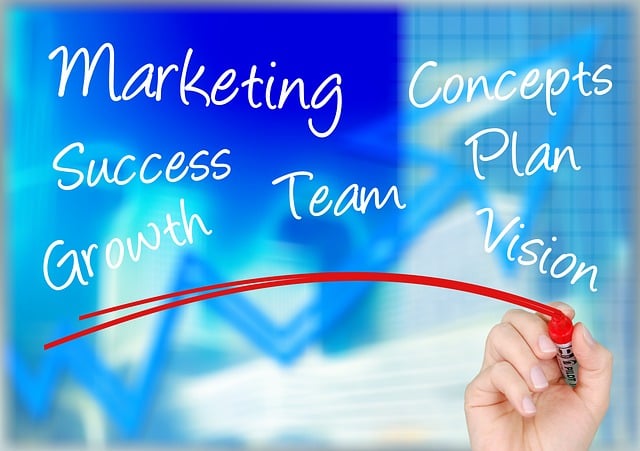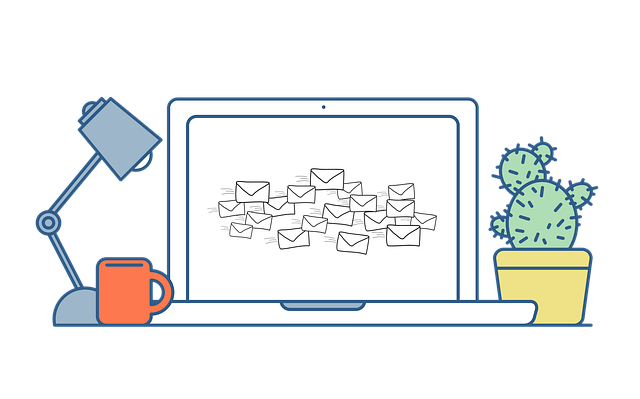AI guest behavior prediction tools have become indispensable for businesses aiming to personalize marketing strategies. Using machine learning, these systems analyze customer data like browsing history and purchase patterns to predict future behaviors. Marketers can then create targeted content, improve engagement rates, and drive sales through personalized communications across various channels. In today's digital era, AI-driven personalization enhances customer experiences, increases satisfaction, and fosters brand loyalty, making it a game-changer for efficient and effective marketing.
In today’s competitive market, personalized marketing is a game-changer. This article explores how Artificial Intelligence (AI) guest behavior prediction tools are transforming business strategies. We’ll delve into understanding these tools, their role in integrating AI for tailored marketing campaigns, and most importantly, measuring the success of these systems. By harnessing AI’s potential, businesses can offer experiences that resonate with customers, fostering stronger connections and driving growth. Let’s uncover how AI is revolutionizing personalized marketing.
- Understanding AI Guest Behavior Prediction Tools
- Integrating AI for Personalized Marketing Strategies
- Measuring Success: Evaluating AI Personalization Systems in Business Marketing
Understanding AI Guest Behavior Prediction Tools

AI guest behavior prediction tools have become indispensable for businesses aiming to deliver personalized marketing strategies. These advanced systems leverage machine learning algorithms to analyze vast amounts of customer data, including browsing history, purchase patterns, and interactions with past campaigns. By understanding guest intent and preferences, AI models can accurately predict future behaviors, enabling marketers to create highly targeted and relevant content.
Such tools offer a competitive edge by allowing businesses to anticipate customer needs before they even express them. This proactive approach fosters stronger client relationships, boosts engagement rates, and ultimately drives sales. With AI-driven insights, marketing teams can personalize communications, whether through email, social media, or in-app notifications, ensuring each guest receives content tailored to their unique interests and past interactions with the brand.
Integrating AI for Personalized Marketing Strategies

In today’s digital era, businesses are leveraging AI for personalized marketing strategies, transforming how they engage with their customers. By integrating AI guest behavior prediction tools, companies can analyze vast amounts of customer data to gain deep insights into individual preferences and behaviors. This enables them to create highly tailored marketing campaigns that resonate with each customer uniquely.
AI tools predict guest behavior by identifying patterns in historical data, allowing businesses to offer personalized product recommendations, targeted promotions, and customized communication. This level of customization enhances the customer experience, increases engagement, and ultimately drives sales. With AI, marketing efforts become more efficient and effective, ensuring that every interaction with a customer is meaningful and relevant.
Measuring Success: Evaluating AI Personalization Systems in Business Marketing

Evaluating the success of AI-driven personalization systems in marketing requires a multifaceted approach, as these tools are transforming traditional business strategies. Key performance indicators (KPIs) should include not only increased customer engagement and satisfaction but also improved conversion rates and retention. By leveraging AI guest behavior prediction tools, businesses can anticipate customer preferences, allowing for more precise and timely marketing interventions. This predictive capability enables companies to deliver hyper-personalized experiences that resonate with individual customers, fostering stronger brand loyalty.
Furthermore, measuring the impact of these systems should encompass long-term considerations such as repeat purchases, average order value growth, and customer lifetime value. Effective evaluation also involves analyzing customer feedback and Net Promoter Score (NPS) to gauge satisfaction levels and identify areas for improvement. Integrating AI personalization into marketing strategies demands continuous monitoring and refinement to ensure that the technology adapts to evolving consumer behaviors and market trends.
AI guest behavior prediction tools have transformed personalized marketing, enabling businesses to deliver tailored experiences. By integrating these advanced systems, companies can significantly enhance customer engagement and satisfaction. Measuring success through key performance indicators ensures that AI personalization remains effective and adaptable, fostering a dynamic marketing landscape where every interaction is optimized for individual preferences. This innovative approach not only drives business growth but also sets new standards in customer relationship management.
